Technical Information
-

In the operation of bacterial endotoxin test assay, use endotoxin-free water is the best choice for avoid the contamination
In the operation of bacterial endotoxin test assay, the use of endotoxin-free water is imperative to avoid contamination. The presence of endotoxins in water can lead to inaccurate results and compromised assay outcomes. This is where the Lyophilized Amebocyte Lysate (LAL) reagent water and bacte...Read more -
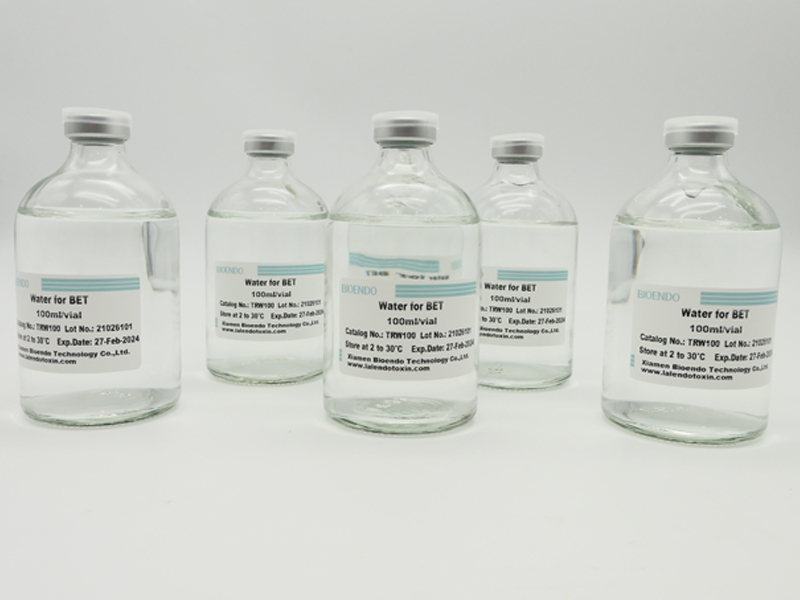
endotoxin-free water is not the same to the ultrapure water
Endotoxin-Free Water vs Ultrapure Water: Understanding the Key Differences In the world of laboratory research and production, water plays a crucial role in various applications. Two commonly used types of water in these settings are endotoxin-free water and ultrapure water. While these two types...Read more -
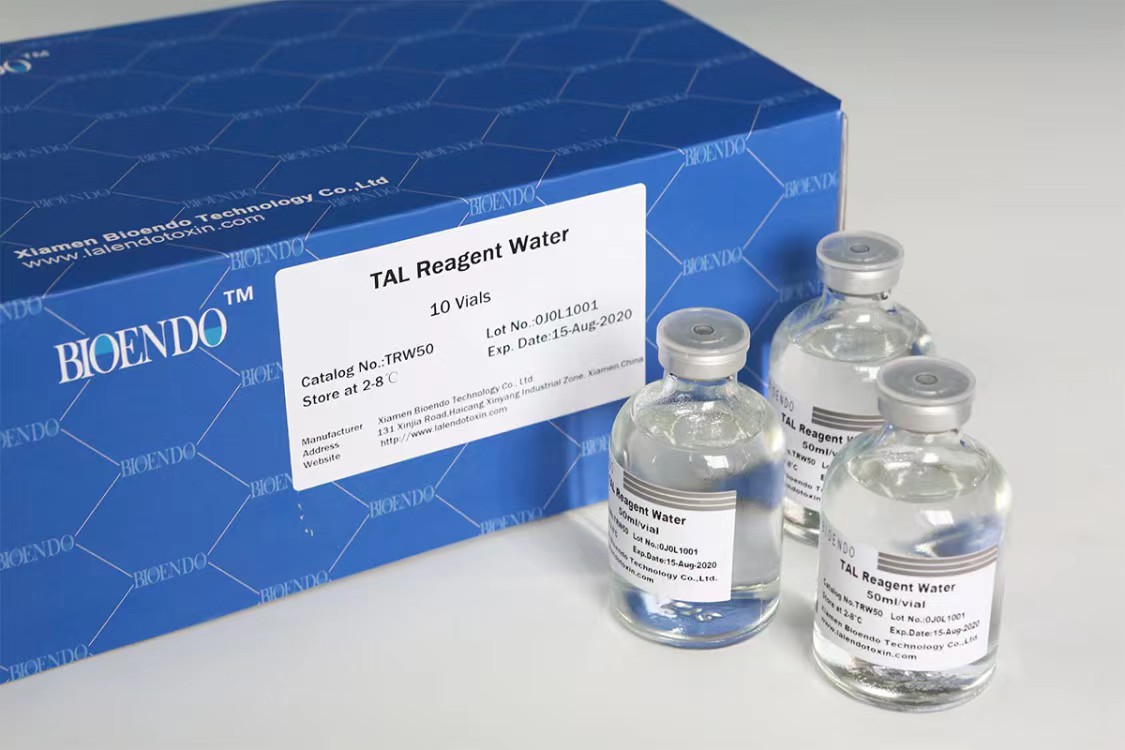
BET water plays an important role in the endotoxin test assay
Endotoxin-Free Water: Playing a Vital Role in Endotoxin Test Assays Introduction: Endotoxin testing is a critical component of various industries, including pharmaceutical, medical device, and biotechnology. The accurate and reliable detection of endotoxins is crucial to ensure product saf...Read more -
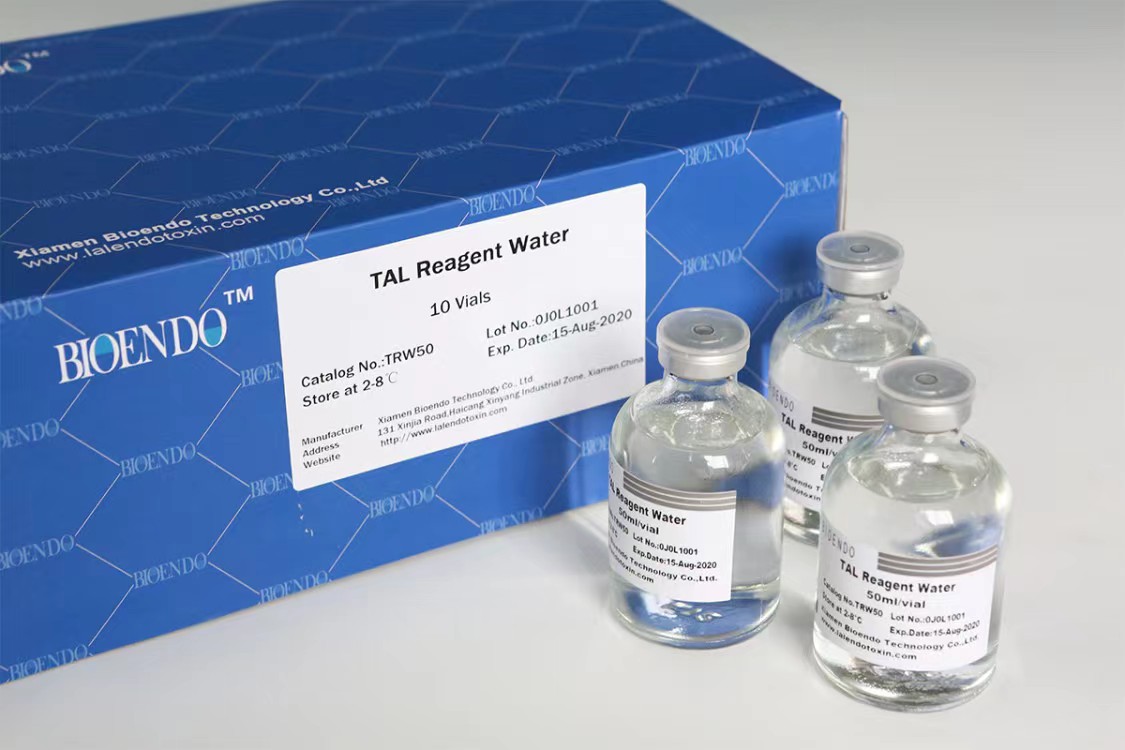
what is the role of endotoxin-free water in the endotoxin test assay operation?
Endotoxin-free water plays a critical role in the accuracy and reliability of the endotoxin test assay operation. Endotoxins, also known as lipopolysaccharides (LPS), are toxic substances present in the cell walls of Gram-negative bacteria. These contaminants can cause serious harm to humans and ...Read more -
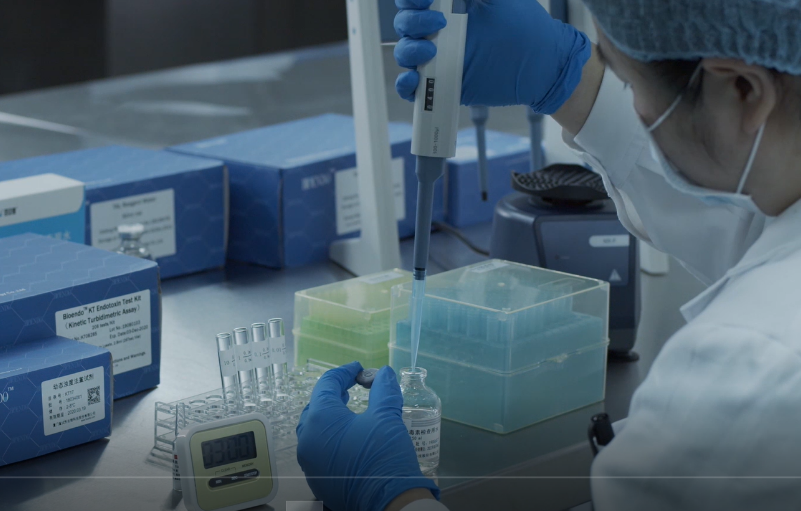
Features of the kinetic turbidimetric endotoxin test assay to test endotoxins in the samples
What is the features of the kinetic turbidimetric endotoxin test assay to test endotoxins in the samples? The kinetic turbidimetric endotoxin test assay is a method used to test for endotoxins in samples. It has several features: 1. Kinetic measurement: The assay is based on the kinetic measurem...Read more -
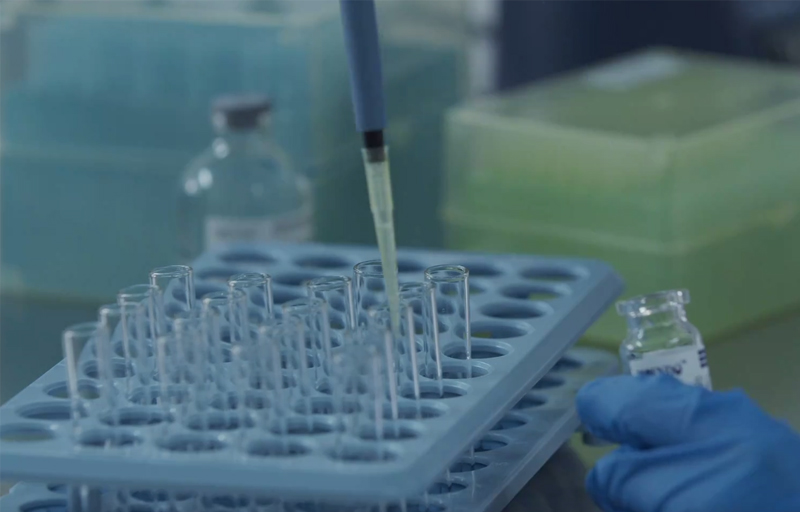
Glass tubes with depyrogenation treatment to ensure that is endotoxin-free glass tubes
Glass tubes with depyrogenation processing are necessary in the endotoxin test assay to ensure the accuracy and reliability of the test results. Endotoxins are heat-stable molecular components of the outer cell wall of some gram-negative bacteria, and they can cause severe illness and even death ...Read more -
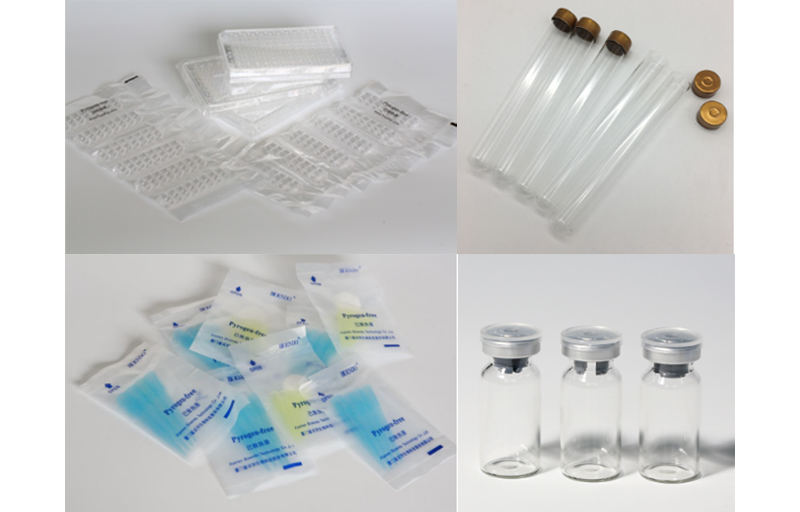
How to avoid the experiment interference in endotoxin test operation?
The bacterial endotoxin test (BET) is performed in most modern laboratories under controlled conditions as the important factor to avoid interference. Appropriate aseptic technique is important when preparing and diluting standards and handling samples. Gowning practice...Read more -
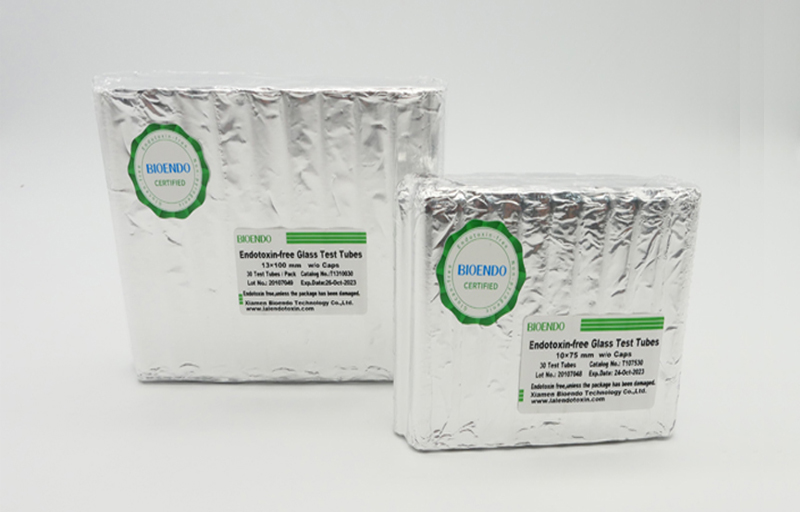
Pyrogen free consumables – Endotoxin free tubes / tips / microplates
Pyrogen-free consumables are consumables without exogenous endotoxin, including pyrogen-free pipette tips (tip box), pyrogen-free test tubes or called endotoxin free glass tubes, pyrogen-free glass ampoules, endotoxin-free 96-well microplates, and endotoxin-free water (depyrogenated water use in ...Read more -
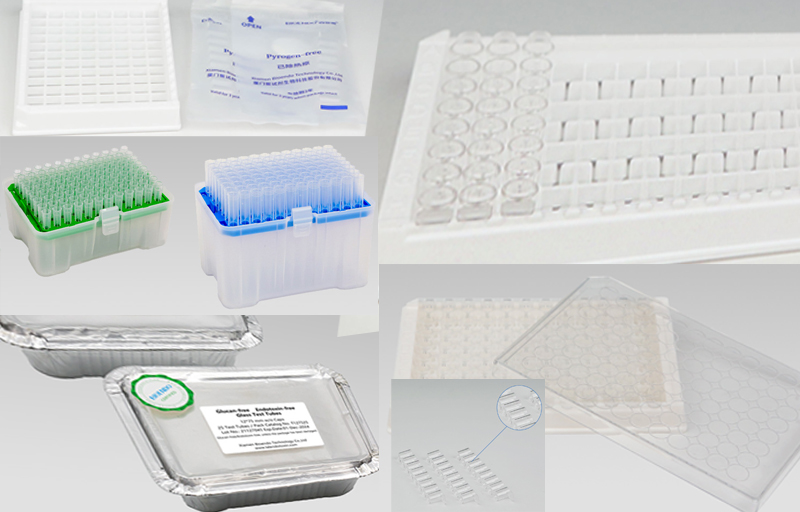
Endotoxin Test Assay by Lyophilized Amebocyte Lysate (LAL Reagent)
Endotoxin Test Assay by Lyophilized Amebocyte Lysate (LAL Reagent) LAL Reagents: Lyophilized amebocyte lysate (LAL) is an aqueous extract of blood cells (amebocytes) from the Atlantic horseshoe crab. TAL Reagents: TAL reagent is an aqueous extract of blood cells from Tachypleus tridentatus. At pr...Read more -
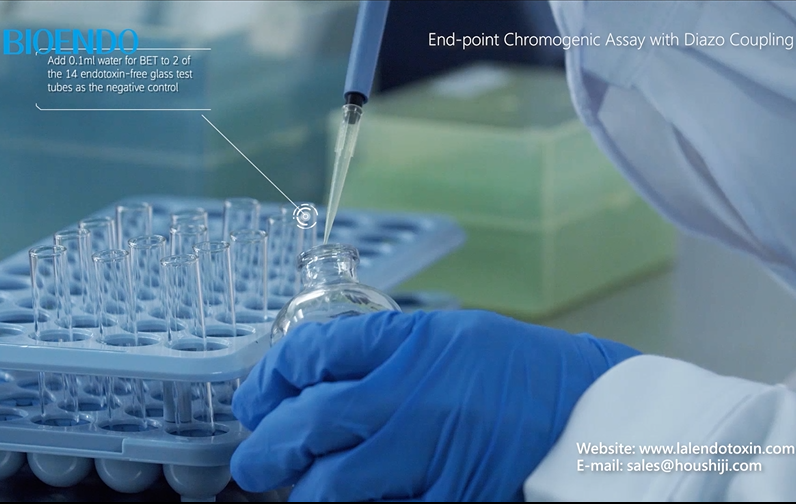
Purchase guide of Bioendo End-point Chromogenic LAL Test Assay Kit
Guidance for the Bioendo End-point Chromogenic LAL Test Assay Kits: TAL reagent, i.e. the lyophilized amebocyte lysate extracted from the blue blood of horseshore crab (Limulus polyphemus or Tachypleus tridentatus), is always employed to do bacterial endotoxins test. At Bioendo, we manufacture k...Read more -
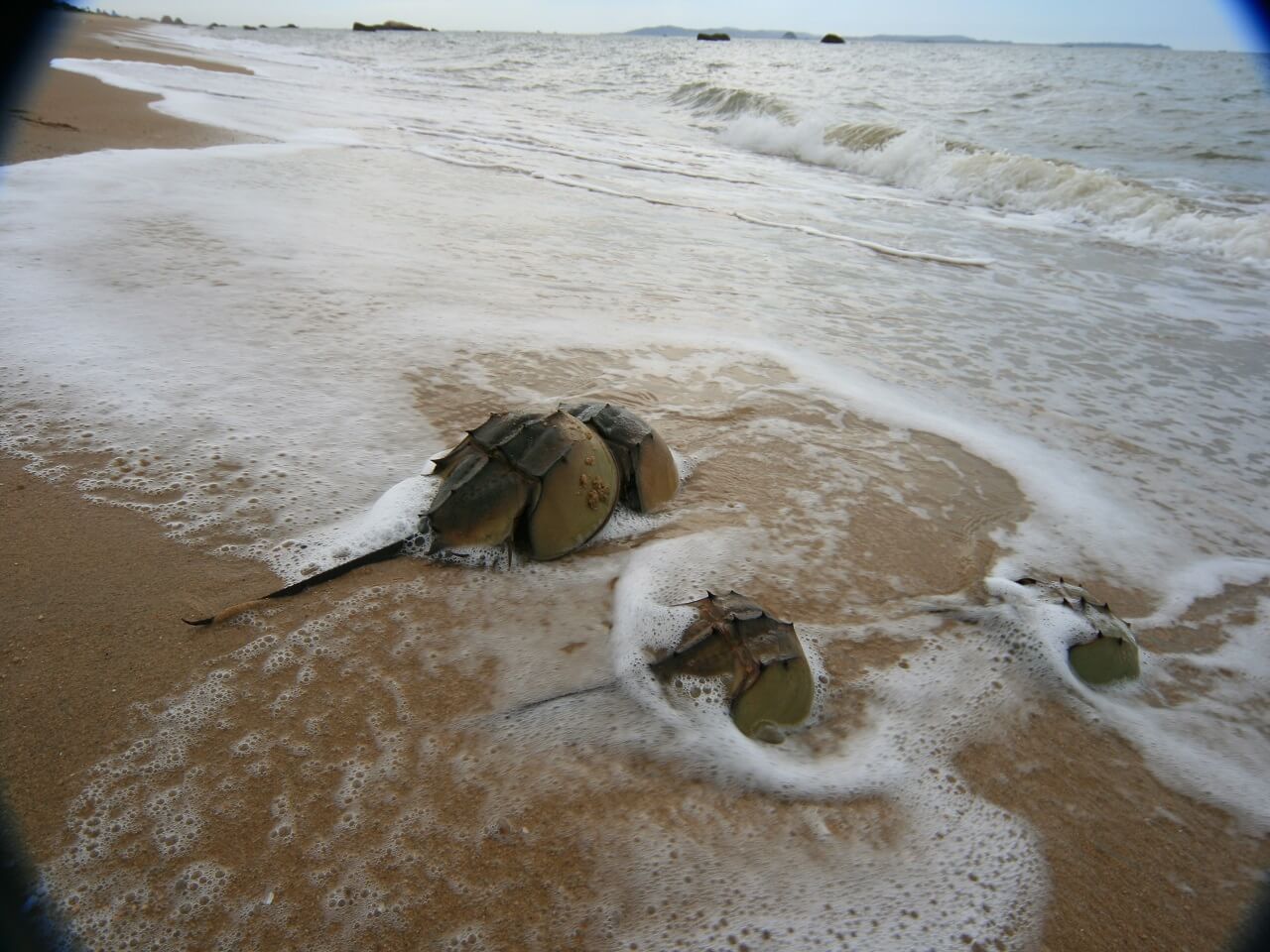
LAL Reagent or TAL Reagent for endotoxin test assay
Limulus amebocyte lysate (LAL) or Tachypleus tridentatus lysate (TAL) is an aqueous extract of blood cells from the horseshoe crab. And endotoxins are hydrophobic molecules that are part of the lipopolysaccharide complex that forms most of the outer membrane of Gram-negative bacteria. Parenteral ...Read more -

Conversion of EU and IU
Conversion of EU and IU? The conversion of results of an LAL ASSAY / TAL ASSAY expressed in EU/ml or IU/ml : 1 EU=1 IU. The USP (United States Pharmacopoeia), the WHO (World Health Organization) and the European Pharmacopoeia have adopted a common standard. EU= Endotoxin Unit. IU=International U...Read more














